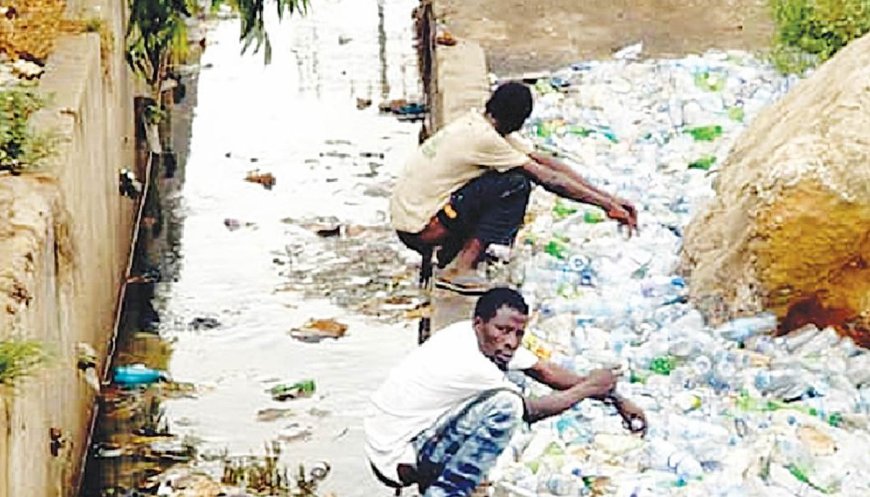Gombe students urge govt to criminalise open defecation

A group of 300-level law students from Gombe State University has called on the state government to adopt a tougher stance against open defecation by enacting criminal sanctions and supporting climate-resilient faecal sludge management systems. reports that the event is part of broader efforts to support Gombe State’s roadmap to achieving Open Defecation Free status by adopting climate-resilient sanitation systems that safeguard public health and the environment.
The students made their position known during a public sensitisation event held at the Teachers Resource Center in Kwami, organised by the United Nations Children’s Fund in collaboration with the Gombe State Rural Water Supply and Sanitation Agency.
The event aims at raising awareness on the dangers of open defecation and to promote safe and sustainable sanitation practices.
Speaking on behalf of her colleagues, Zainab Sani described open defecation as not just a public health crisis but a human rights concern.
“The United Nations in 2010 declared that access to clean water, sanitation, and a healthy environment is a basic human right. When people defecate in the open, it violates not only environmental laws but also human dignity and justice,” she said.
The students unveiled a draft legislative proposal titled the Gombe State Open Defecation Prohibition and Public Sanitation Bill, 2025.
The bill seeks to criminalise open defecation across the state, mandate the construction of public toilets in key areas, impose penalties of up to N20,000 or one month of community environmental sanitation service for individuals.
Others include: Fine institutions and corporate organisations N200,000 for non-compliance, establish an open defecation-free Fund to finance enforcement and community projects; and empower sanitation enforcement officers with legal authority to ensure strict compliance.
In his keynote address, the Gombe State Commissioner for Water, Environment and Forest Resources, Hon. Saidu Fawu praised RUWASSA and UNICEF for their proactive role in promoting sanitation reforms.
He stressed the urgent need to manage faecal waste in a way that is both safe and climate-smart.
“Many of our communities depend on pit latrines and septic tanks. While these provide basic services, they are also potential hazards when poorly managed. Overflowing pits and indiscriminate disposal of waste threaten our water security and public health,” Fawu said.
He described the media dialogue as “timely and commendable,” emphasising the need to raise awareness from policy makers down to local communities.
Representing UNICEF, Nandam Michael Dawop, the Water, Sanitation and Hygiene Officer at the Bauchi Field Office, said that faecal sludge management must be backed by enforceable policies to make open defecation a thing of the past.
“It’s not just about building toilets. It’s about ensuring they are used, maintained, and managed in a way that protects the environment and serves the people. Without strong policy backing, sustainability is difficult,” Dawop noted.

 admin
admin 


